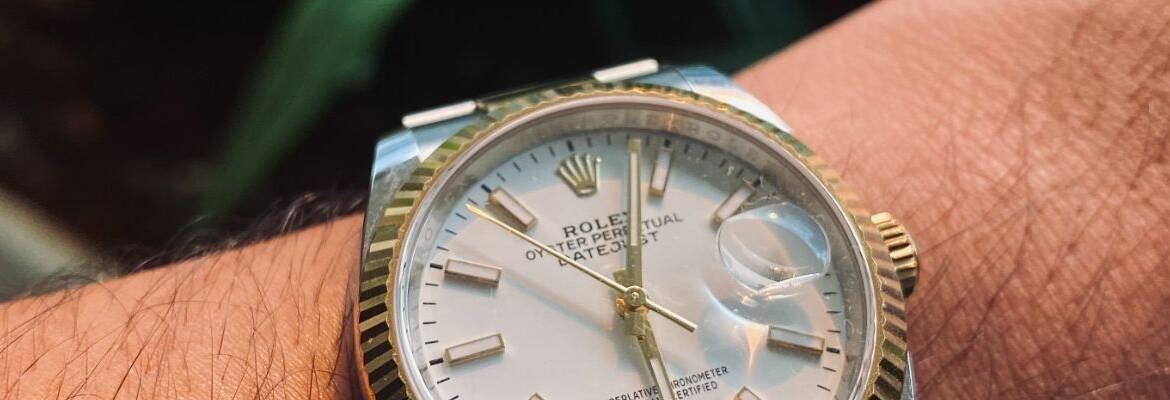What are PVD and DLC Coated Watches?
Most people know very little about the mechanics and bodywork of a basic watch; it’s mostly about the aesthetics or the brand for most people. On the other hand, watch lovers are quite particular about the craftsmanship of their timepieces; words like PVD and DLC coats are not new to them.
What is a PVD-coated watch?
PVD stands for physical vapour deposition. It describes a chemical process where a small layer of particles is used to coat a surface giving it a finished look and a specialised coating. The components used in this process vary depending on the industry. However, a large percentage of the watchmaking industry makes these surfaces using titanium or stainless steel. Different industries use different materials for the particles, but the end result is usually a black tint on the surface.
This process came into play around the late 20th century; it took a while because it wasn’t necessarily an easy process. A new layer of particles is chemically bonded to the metal surface, improving its durability and appearance. The materials luxury watchmakers use for the coat aren’t usually disclosed, mostly because these companies prefer to retain this information for proprietary reasons. However, some luxury watchmakers like Rolex include this information in their adverts as a selling point since precious metals like platinum are used in coating the recessed numerals on their cerachrom bezels.
Depending on the quality of materials used to coat the base surface of these timepieces, PVD is a pretty good steel coating method. The coating will not wear off if the materials used are high-quality. However, if they do, most luxury brands offer to service your watch within the guarantee period.
⌚️ Read more: Does Rolex Use PVD Coating?
What is a DLC-coated watch?
DLC stands for diamond-like coating and is used for finishing timepiece surfaces. Some believe this coating is better than most because the materials used are more durable. DLC consists of carbon particles used to chemically coat a watch’s base metal.
This coat is compared to diamonds because it is scratch resistant, just like diamonds are. Also, it allows watchmakers to change the surface colour of the watch completely if the need arises. Watches are susceptible to scarring because, in most cases, they’re used daily. It’s why manufacturers and watch users like DLC coating; it makes a timepiece appear to be of very high quality.
It would be correct to assume that DLC coating is more desirable because it’s actually very widely used, especially for black-coated watches. Even though this coating is quite expensive, it gives the product a neat and good-looking finish. It’s also not limited to coating a steel base; DLC coating can be used to coat non-PVC/DLC watches.
DLC is chemically applied to the base metal through the PVC process. Sometimes people use these terms interchangeably; it’s a common misconception. While DLC is the coating type applied to the base metal of the watch, PVC is the process used to apply this coating.
How durable is a black PVD/DLC coated watch?
As a watch owner, collector or potential buyer, it’s normal to wonder about the durability and longevity of your watch’s surface coating. Scratches will easily show on a black-coated watch because of the colour contrast between the steel and the coating. This is exactly why it is a concern for most watch users.
Unfortunately, a PVD-coated watch can scratch. Despite the thorough process used to coated these watches, sometimes the material isn’t good enough. Fortunately, DLC coating has a high resistance to scratches, making it the preferred coat to produce black watches. However, it’s important to note that DLC coatings can still scratch on certain occasions, even though they are quite durable.
Most men gravitate towards black wrist watches because they have a sporty look to them. So, investing in a watch less likely to scratch is important to them. For watch lovers, timepieces are a necessary accessory; it completes their look. Having to worry about the coating peeling off or scratching is an inconvenience. DLC coating takes care of this. Since it has durability and smoothness compared to diamonds, scratching is less likely. The coating doesn’t only present a black aesthetic, it also provides the watch owner with the comfort of owning a long-lasting product.

